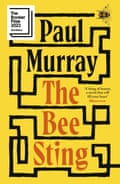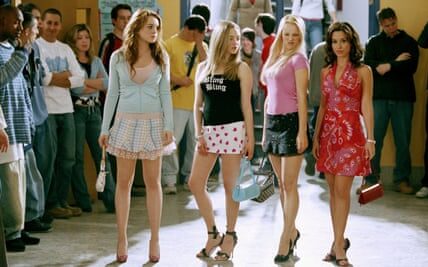
I
Some people claim that every war movie, regardless of its intended message, ultimately promotes war. In The Kellerby Code, a similar viewpoint is applied to the works of PG Wodehouse. “It’s just propaganda for the upper class,” one character remarks upon seeing the main character reading The Code of the Woosters. “Every book set in an English country house supports a system that unfairly benefits the wealthy while disregarding the rest of society.”
Jonny Sweet’s first book is aware of the literary background it represents. It’s an intense mix of dark humor and suspense, centered around climbing the social ladder and committing murder. The story alludes to works like Brideshead Revisited and Wodehouse, while also taking inspiration from The Great Gatsby, Patricia Highsmith, and Martin Amis’s Dead Babies. Given its release after the success of Saltburn, it falls into the current popular trend. It could be described as a gothic take on Brideshead.
The main character of the story is Edward Jevons, a young man from a lower-middle-class background who admires his upper-class friends Robert and Stanza. Robert is attractive, charming, self-absorbed, and on the fast track to becoming a successful theater director. Stanza is also captivating, with a bohemian lifestyle and comes from a wealthy family, controlling the picturesque country estate known as Kellerby. Edward is meek, full of self-loathing and resentful, but infatuated with the idea of being part of the aristocracy, and especially in love with Stanza. He constantly runs errands for the pair, catering to their every whim and is treated as inferior, with Robert and Stanza even referring to him as “Jeeves” behind his back.
The imbalance in this exploitative, three-way friendship changes when he discovers that Stanza and Robert are romantically involved. Humiliation upon humiliation ensues as Robert has been confided in by Edward about his feelings for Stanza while Edward harbors a secret from his past. As it turns out, Robert also has a dark secret and seeks Edward’s assistance in ensuring his current happiness is not threatened. The reader is aware, as is Edward, that he is being manipulated and will eventually be cast aside. This exemplifies Gatsby’s “immense recklessness” in abundance.
The book switches back and forth between a light-hearted social satire and a grotesque horror story. The first one is skillfully executed: “Edward walked towards Terry, unsure of the appropriate moment to extend his hand for a greeting within the next four meters. He had a habit of approaching people of similar social standing with his arm outstretched for what felt like 20 seconds, resembling a pedestrian jouster and embarrassing himself before anyone even knew who he was.”
The latter, as is only proper, is absolutely trowelled on. In the opening pages we encounter half a human jaw in a field: “Only one tooth remained, top-heavy with silver alloy, and still tasting dirt.”
Wodehouse struggled with crafting his storylines – which were the least significant aspect of his works – and produced his genius sentence by sentence as effortlessly as a spider spins silk. However, Jonny Sweet takes a different approach. At the sentence level, The Kellerby Code feels forced and often overly dramatic. For example, when Robert eats a potato chip, the description reads as such: “the distinct purple and white patterns resembling the cross-section of a limb. He carelessly dipped it into the hummus, scooping out a sizeable and troublesome chunk.” There may also be concerns from the metaphor police regarding lines like “Robert was like an unstoppable iceberg, molding landscapes from their pliable souls.”
The tension in the story, both in the events unfolding and in Edward’s mind, is expertly portrayed. Edward constantly teeters on the brink of losing his sanity, receiving instructions from a phantom lamp-post he dubs “Plum.” The frantic writing style effectively intensifies the claustrophobic atmosphere of Edward’s anxious thoughts. The novel paints a poignant picture of a mind struggling under immense pressure, and the author skillfully captures Edward’s use of humor and facade to mask his anger and fear. The story also highlights the affectation and cruelty within the wealthy circles that Robert, Stanza, and Edward are a part of. It is particularly sad when Edward, seeking to fit in, purchases a signet ring, only to realize that it is not a socially acceptable move for someone of his background. Despite his descent into darkness, one cannot help but sympathize with Edward.
Skip the advertisement for the newsletter.
after newsletter promotion
Source: theguardian.com




